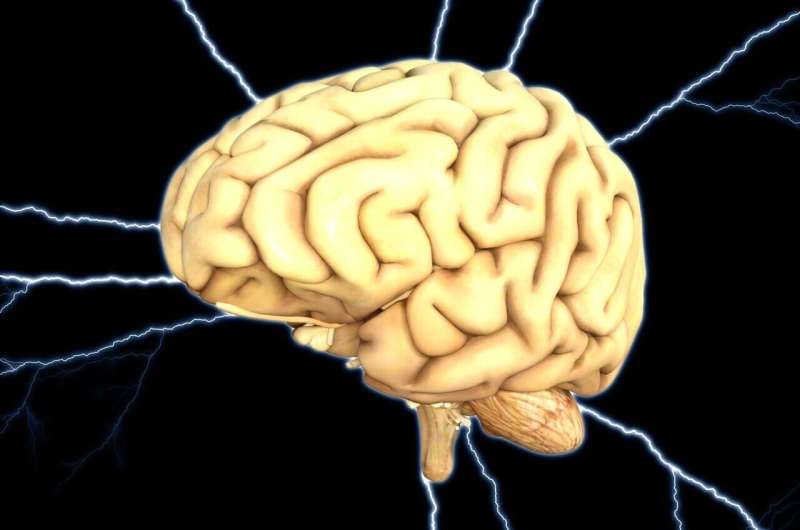
Some people seem to be more resilient to developing Alzheimer’s disease, despite having the biological hallmarks of the devastating disease. For obvious reasons, scientists are very interested in studying this special group of people.
Alzheimer’s disease, the most common form of dementia, is thought to start because of a buildup of two proteins in the brain: amyloid and tau. Once these proteins accumulate, for yet-to-be-determined reasons, they become toxic to brain cells (neurons) and these cells start dying. As a result, people develop symptoms such as memory loss because the brain can’t function properly with all these dead neurons.
This cascade of events has been known for many years and is how the disease progresses in most people with Alzheimer’s; most people, except a special group who are more resilient. But why are they resilient?
A recent study in the journal Acta Neuropathologica Communications investigated whether our genes might influence how resilient we are against Alzheimer’s disease symptoms when there are high levels of amyloid in our brain.
The scientists conducted a study on the brains of three groups of people. The first group included people who had died with Alzheimer’s disease. The second were healthy people who had died of natural causes. And the third included people who had high levels of Alzheimer’s proteins in the brain but never developed symptoms of the disease during their lifetime—or at least never had a diagnosis of Alzheimer’s disease.
The researcher considered the last group to be resilient to Alzheimer’s disease since they had the proteins in their brains but did not have the symptoms or a diagnosis of Alzheimer’s disease during their lifetime.
The scientists found that genes related to the activity of the immune system seem to have been more active in the Alzheimer’s-resilient group. This would make sense, as it is well established that the immune system helps clear the excess proteins from the brain, so genes that help this process might make us more resilient to developing symptoms of the disease.
How to become resilient—even if you don’t have the genes
This is great if you have inherited these genes from your parents, but what does it mean for the rest of us who do not have those genes? Is there a way we can make ourselves more resilient to developing Alzheimer’s disease regardless of our genes?
“Yes” is the short answer.
There is now good scientific evidence that lifestyle changes and drugs allow us to reduce our risk of developing Alzheimer’s disease in the future.
In particular, physical activity has been shown to reduce our risk of developing Alzheimer’s, probably because it has a well-known beneficial effect on our immune system and hence helps clear those rogue proteins accumulating in our brains. This means that being more physically active might have the same effect on our Alzheimer’s resilience as those lucky people who have the “right” genes.
Interestingly, we do not know how physically active the resilient people in the study were and how this might have influenced their resilience to Alzheimer’s disease.
As so often in science, it is not clear whether nature (genes) or nurture (lifestyle) contributed to their resilience. The other interesting aspect is that the resilient people in the study died of a cause other than Alzheimer’s disease, but they might have developed Alzheimer’s disease eventually if they had lived longer.
This article is republished from The Conversation under a Creative Commons license. Read the original article.![]()
Citation:
Is it really possible to have Alzheimer’s disease, yet no symptoms? (2024, June 14)
retrieved 14 June 2024
from https://medicalxpress.com/news/2024-06-alzheimer-disease-symptoms.html
This document is subject to copyright. Apart from any fair dealing for the purpose of private study or research, no
part may be reproduced without the written permission. The content is provided for information purposes only.


